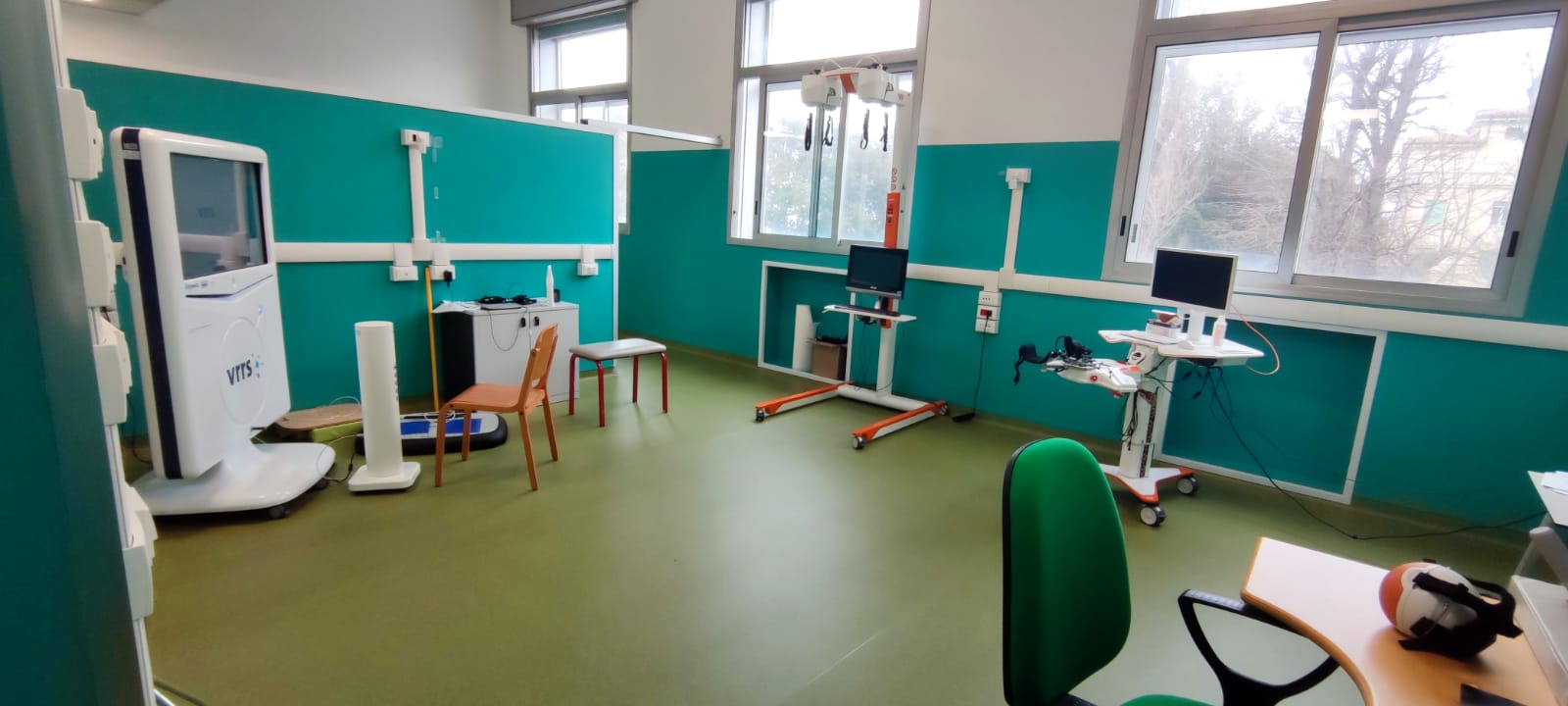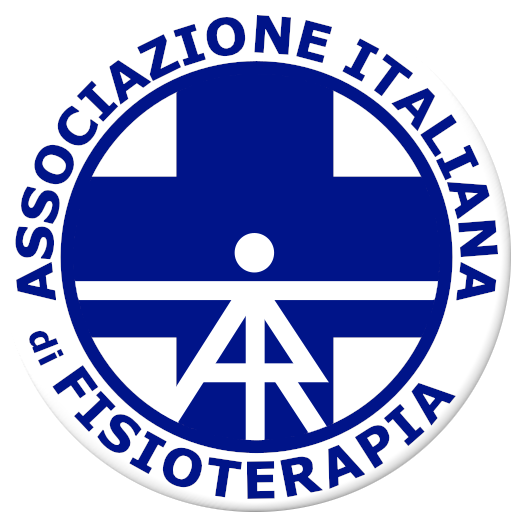Sviluppo di un nuovo modello riabilitativo in ambiente tecnologico:soddisfazione e monitoraggio del recupero funzionale nel paziente neurologico.Studio longitudinale pilota:risultati preliminari
Development of a new advanced technological neurorehabilitation model:patient satisfaction and functional recovery monitoring in neurological patients.Preliminary results of a pilot longitudinal study
Introduction
Robotic and virtual reality devices have shown promising results in improving motor recovery in several neurological conditions. Additionally, the use of motion detection sensors and environmental control systems is rapidly advancing. Indeed, the possibility of applying motion detection and home-automation sensors in technological rehabilitation rooms may allow the synchronization of environmental data with patients’ clinical history, with the goal to facilitate the monitoring of patients’ functional recovery. In HoSmartAI project (EU Horizon, grant No. 101016834) we have been testing the level of productivity, functional recovery, and patients’ perception of a new technological solution, resulting from the installation of home-automation sensors in a technologically advanced room for motor neurorehabilitation.
Methods
The study is a pilot longitudinal study conducted in IRCCS San Camillo Hospital (Venice, Italy) within the EU Horizon project HoSmartAI. We enroll adult patients with diagnosis of neurological pathology and motor impairment. The treatment consists of one hour/day for 15 days of motor treatment in the HoSmartAI room using technological devices.
The primary outcome is productivity, while secondary outcome include clinical and patients’ experience measures, such as: Trunk Control Test (TCT), Reaching Performance Scale (RPS), Box and Blocks Test (BBT), Nine-hole Pegboard Test (NHPT), Berg Balance Scale (BBS), 10-meter walking test, Functional Ambulation Categories (FAC), number of falls, System Usability Scale (SUS), Short Form Patient Satisfaction Questionnaire (PSQ-18), User Experience Questionnaire (UEQ) and EuroQol questionnaire (EQ-5D-3L).
Results
In the preliminary analysis, we included 12 patients, on average 60.66 ±12.52 years old, with diagnosis of: Stroke (n=4), Parkinson(n=3), Multiple Sclerosis (n=2), Neuropathy (n=1), Genetic Paraparesis (n=1) and Spinal Cord ischemia (n=1). Inferential analyses of the variables indicated a significant improvement in the following measures BBS (T0: 34.90 + 18.98; T1: 40.00 + 16.28, p=0.14) and FAC (T0: 2.80 + 1.98; T1: 3.40 + 1.83, p= 0.04). Moreover, the level of perceived quality of life was improved (EQ-5D vas score: T0: 47.91+ 20.50; T1: 61.66 + 11.9, p= 0.04). Finally, patients referred a good level of usability (SUS: 78.75 +17.04).
Discussion and Conclusion
Despite the small sample size, preliminary data collected so far suggest that undergoing a rehabilitation pathway in a technologically advanced environment could increase functionality status of patients, in addition to enhancing awareness and self-perception of health status. As more data become available, we will define the productivity increasing the number of patients treated in the same time. Moreover, future implications will be needed to understand the clinical features of those patients who may work safely in a co-presence setting. It will also be essential to analyze the usability of the room and technologies to identify those that are most manageable and user-friendly for the patients.
REFERENCES
Langhorne, P.; Coupar, F.; Pollock, A. Motor recovery after stroke: a systematic review. Lancet Neurol 2009,
8, 741-754, doi:10.1016/S1474-4422(09)70150-4.
Molteni, F.; Gasperini, G.; Cannaviello, G.; Guanziroli, E. Exoskeleton and End-Effector Robots for Upper
and Lower Limbs Rehabilitation: Narrative Review.
Abbruzzese, G.; Marchese, R.; Avanzino, L.; Pelosin, E. Rehabilitation for Parkinson’s disease: Current
outlook and future challenges. Parkinsonism & Related Disorders 2016, 22, S60-S64,
doi:https://doi.org/10.1016/j.parkreldis.2015.09.005.
Manuli, A.; Calabrò, R.S. Effects of domotics on cognitive, social and personal functioning in patients with
Parkinson’s disease: A pilot study.
Maggio, M.G.; Maresca, G.; Russo, M.; Stagnitti, M.C.; Anchesi, S.; Casella, C.; Zichitella, C.; Manuli, A.; De
Cola, M.C.; De Luca, R.; et al. Effects of domotics on cognitive, social and personal functioning in patients
with chronic stroke: A pilot study

